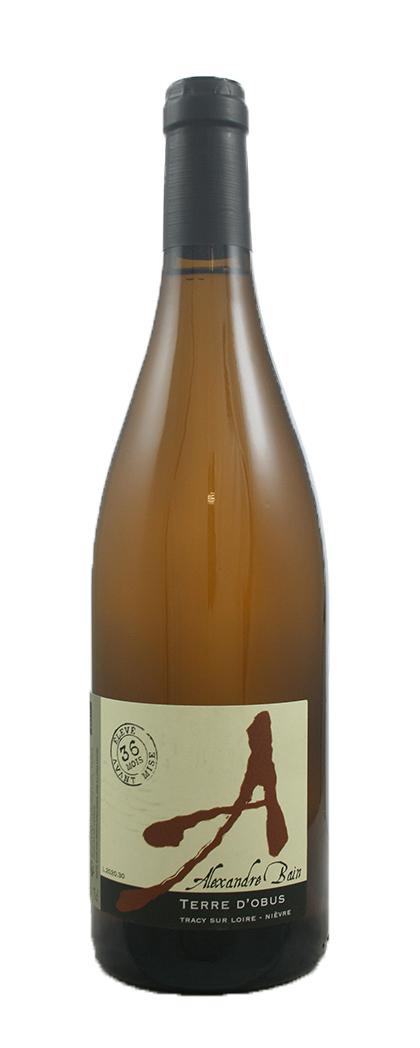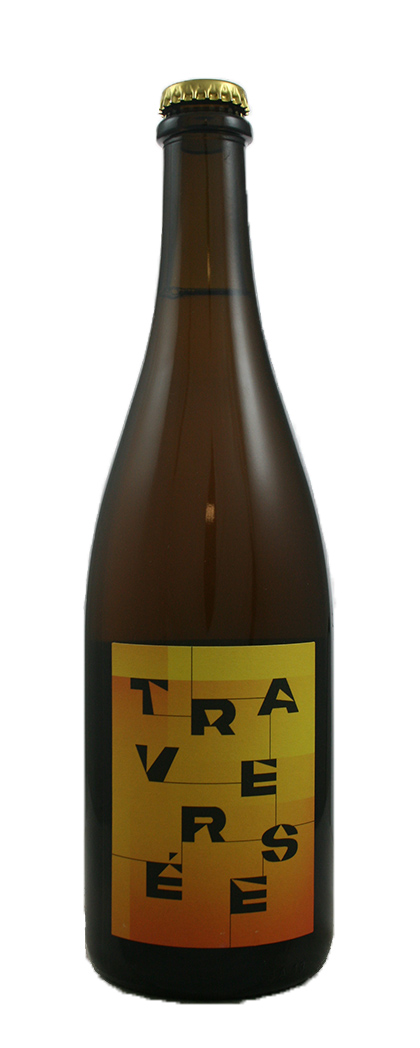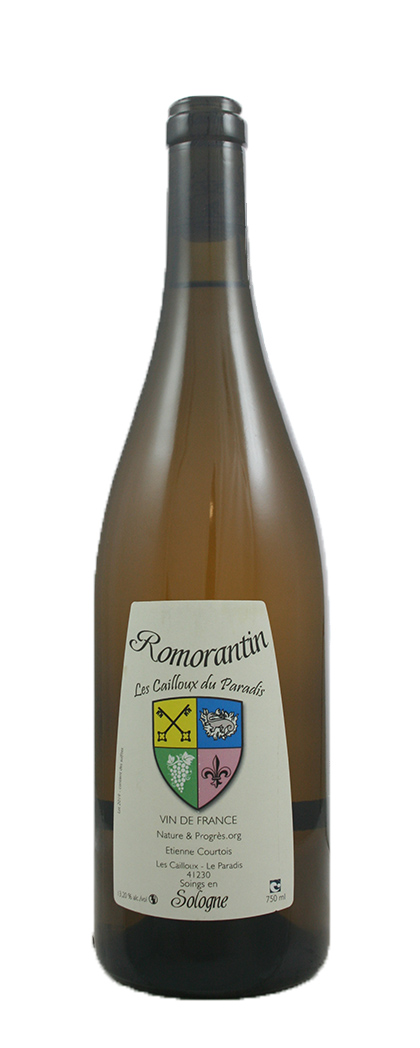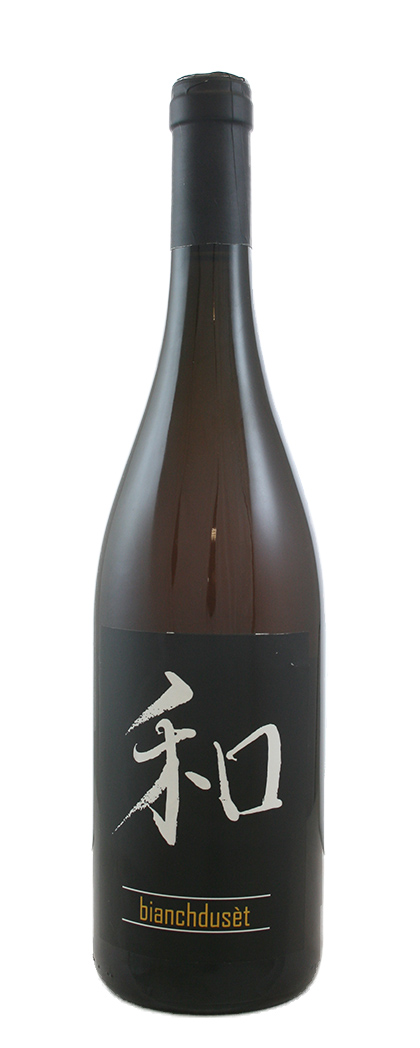Sublime outrage
Let us pay tribute to the magnificent otherness of certain wines, those that defy expectations in the most glorious way. Over the years, natural wines have shifted the dial, so what was extraordinary a few years ago, is now quotidian. Orange/skin contact wines? No biggie! Been there, drank that, put the tie-dyed amber shirt in a carrier bag to take to the charity shop.
Nevertheless, some wine are still reassuringly transgressive. Let’s celebrate them for their quirk, strangeness and charm.
2015 Kumpf & Meyer Traversée Riesling
Riesling not the need
How to describe this? Sparkling? Skin-contact? A Riesling that has gone to the dark side and back? Mixing power (2015 was a bold vintage) and serious charm, this wine defies easy categorisation and is one of the most anti-Riesling Rieslings you might ever try. Because Riesling is regarded as a delicate floral grape variety, this shaken, stirred, and ultimately semi-fizzy version is not for the those of a sensitive disposition. Therefore, we approve.
2020 Terre d’Obus, Alexandre Bain
A life more ornery
 Alex Bain’s wines are not just radically different to conventional Pouilly-Fumé and Sancerre; they are different to each other and even from day to day, hour to hour, minute to minute. Tasted blind, and even being unfamiliar with the wines, you would sense – without difficulty – where each wine originated. Yet. Alex lost the appellation a few years ago when it was deemed by a panel on behalf of the local authority that his wines did not reflect the style of the appellation. Yes, they would mislead the consumer if they were allowed to be labelled as Pouilly-Fumé. The tiny-mindedness of this judgement beggars belief. Not only does it isolate and victimise an individual farmer for following their conscience, but it is also anticultural in that it takes no account of the history of the region and the wines of the ancestors which may well have been made in this very same non-interventionist style. Alex Bain was ironically not undermining the appellation. On the contrary, he was trying to make wines that he believed were the truest expression of his terroir, and by that token, the appellation itself.
Alex Bain’s wines are not just radically different to conventional Pouilly-Fumé and Sancerre; they are different to each other and even from day to day, hour to hour, minute to minute. Tasted blind, and even being unfamiliar with the wines, you would sense – without difficulty – where each wine originated. Yet. Alex lost the appellation a few years ago when it was deemed by a panel on behalf of the local authority that his wines did not reflect the style of the appellation. Yes, they would mislead the consumer if they were allowed to be labelled as Pouilly-Fumé. The tiny-mindedness of this judgement beggars belief. Not only does it isolate and victimise an individual farmer for following their conscience, but it is also anticultural in that it takes no account of the history of the region and the wines of the ancestors which may well have been made in this very same non-interventionist style. Alex Bain was ironically not undermining the appellation. On the contrary, he was trying to make wines that he believed were the truest expression of his terroir, and by that token, the appellation itself.
2020 Romorantin, Les Cailloux du Paradis
Ox out of the box
Situated in the heart of Sologne, 35 km from Blois, Claude Courtois and his sons elaborate their wines according to ancestral methods and are zealous advocates of natural wine. “Nature admits no lie”, as Carlyle said, and Courtois (Claude) often says that his wine is made from “true grapes.” The wines he crafts are a pure and vibrantly alive, testament to outstanding biodynamic winemaking. He is one of the wild men of the region, fierce, generous and capricious, guiding beautiful, naturally expressive wines to the bottle. There is something about Romorantin with almost sherry aromas of oxidation and this example grows in the glass as if eating the oxygen that should be destroying it. The texture becomes lanoline, warmth pervades the mouth. It is like nothing you have ever tasted, and one imagines that every time one tries the wine it will be a different experience.
Domaine des Miroirs
Reflecting on genius
What makes Kenjiro’s white wines (in particular) so remarkable? For me, the fact that they are unknowable, almost opaque and yet simultaneously transparent. When you taste most wines you try to put a classic structure around them, make them fit into certain wine tasting boxes. The Miroirs Chardonnays and Savagnins are constantly shifting yet are strong and steely. In the end, you have to let them come to you.
NV Et Pourtant
Two fingers to Pouilly-Fuisse
The name means “And yet…”, a name to go along with the Vin de France classification on the label as a result of the Mâcon regulatory ‘tasting panel’ rejecting the wine as too atypical. Incredibly rich, it is texturally rounded with wild orchard fruit aromas and flavours and exotic spice yet still retains a chiselled structure and brilliant natural acidity. We expect it to go to homes of natty wine lovers and Burgundo-philes alike. (Although these are not necessarily mutually exclusive). The grapes derive from 70-year-old vines grown on a clayey limestone soil maintained by ploughing, are handpicked, of course, and the whole harvest is slowly pressed in a pneumatic press, with no added sulphites or yeasts… or anything else for that matter. Matured 12 months on fine lees in barrels that have seen 3 to 5 wines then for a further 18 months in vats. Extraordinary wine.
2007 Bianchduset Moscato, Vittoria Bera
Flor to the ceiling
This wine started as an accident and was called Bianchdudui. Reader, we loved it and so, I imagine, did a host of export markets, because the wine was resurrected in 2007. 12 years under rising and falling flor, a wine that makes you want to paint your roof ochre. Old vines Muscat Canelli with dollops of umami – oxidation and flor is a wonderful combination.
AA Panevino
All wines, always, every which way
Of all the producers we work with, Gianfranco Manca’s wines are, and always have been, the lodestone of wild inconsistency. They are vintage-variable in the extreme, and extreme in the extreme! They are on the left hand side of the funk spectrum, except on those occasions when they are off the spectrum. This essential naked rusticity is what makes the wines beautiful in the eyes of certain beholders. Gianfranco Manco makes what nature gives him in each vintage. The whys and wherefores are irrelevant, you won’t prise technical information from him – not even with a crowbar specially designed for the task. On one label it stated simply: “Su chi no nau” (what I do not say), a play on words with the name of its grape variety: Cannonau. What’s in a name? This is a celebration of wine silence, that fantasy land where people simply enjoy wine for the sheer pleasure of it, without the usual hot and cold running commentary, without getting mired in technical detail or lumpen semantics.
*
Interested in finding out more about the wines mentioned? Contact us directly:
shop@lescaves.co.uk | sales@lescaves.co.uk | 01483 538820




